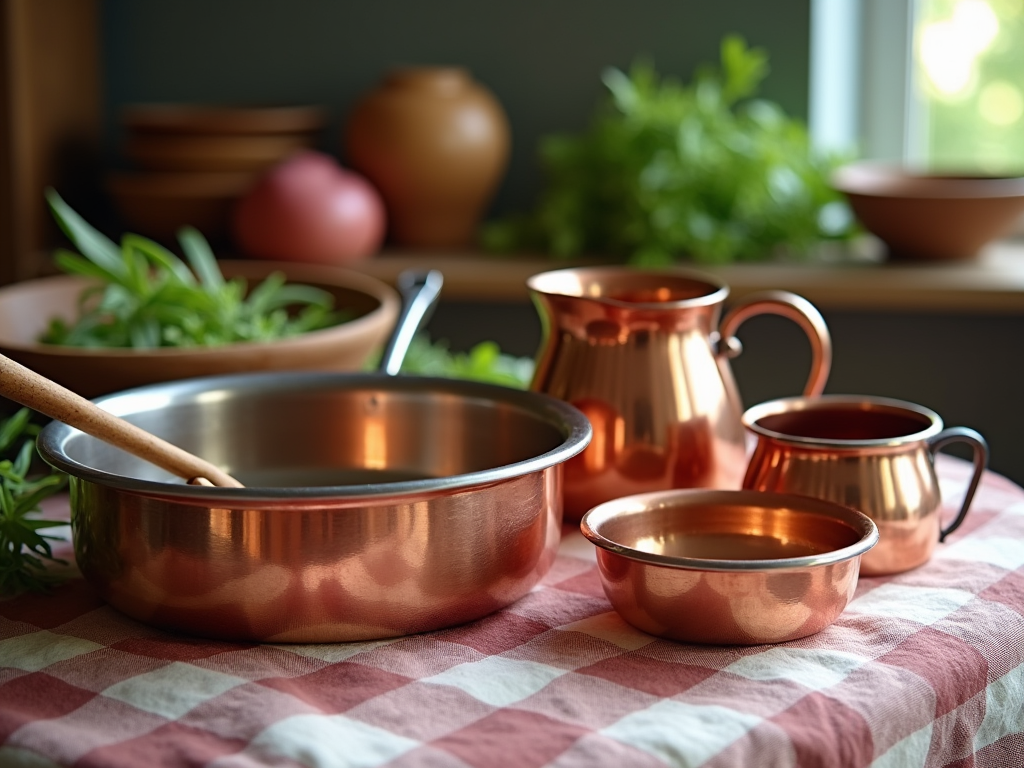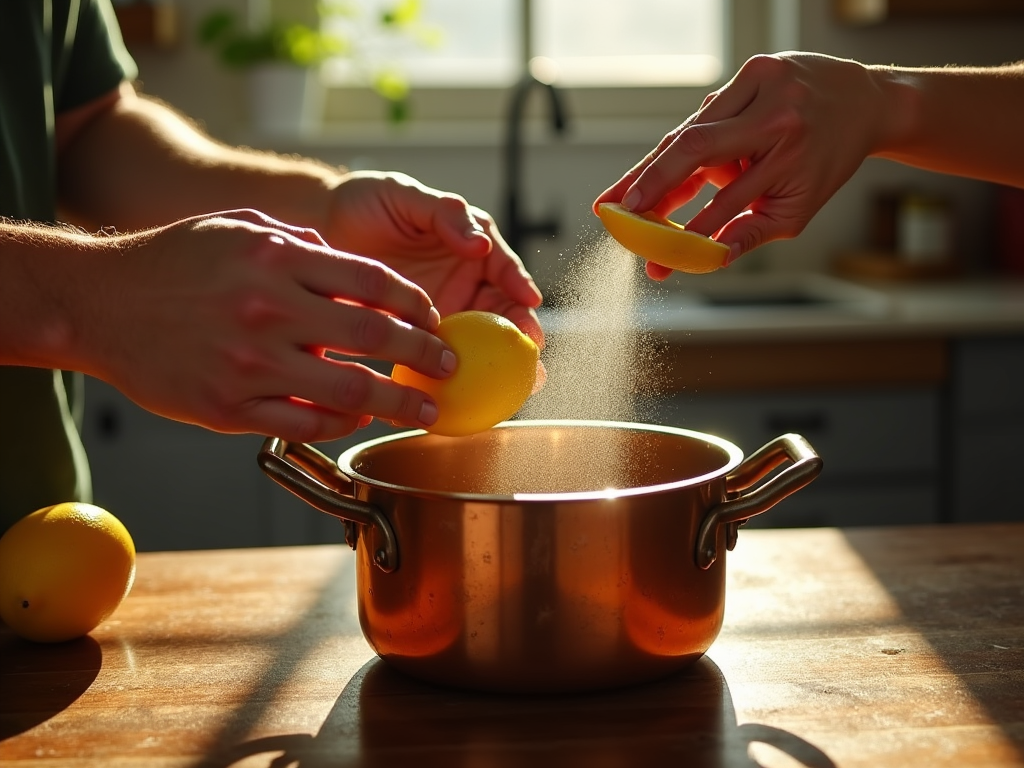Copper is prized for its beautiful warm glow and durability, but over time, it can lose its luster due to oxidation and daily wear. Cleaning copper naturally is not only environmentally friendly but also offers an effective way to restore its shine and prolong its life. In this article, we will explore simple, natural methods to clean copper so it looks as good as new.
Understanding Copper’s Tarnish

Before diving into cleaning methods, it’s essential to understand why copper tarnishes. Copper reacts with oxygen in the air, leading to the formation of copper oxide, a dull and dark layer covering the copper surface. Moisture and atmospheric pollutants can further accelerate this process. Additionally, prolonged exposure to acidic substances can result in greenish-blue patina, which though appealing to some, hides the sheen of copper.
Recognizing these changes helps craft a plan to restore copper’s shine. Distinguishing between regular dust and deeper oxidation is crucial, as ordinary dust accumulated on the surface can often be wiped away with a soft cloth, whereas tarnish requires more intensive care. Knowing the type of tarnish allows for selecting the appropriate cleaning method, ensuring you do not damage the copper through unnecessary abrasion or chemical exposure.
Top Natural Cleaning Methods

Chemical cleaners are not always necessary for restoring copper’s luster. Natural ingredients found in most kitchens can serve as effective, non-toxic agents. Let’s explore the top natural cleaning methods to revitalize your copper items.
- Lemon and Salt: This tried and tested duo leverages lemon’s acidity and salt’s abrasive properties. Simply sprinkle salt on half a lemon, rub it over the copper, and watch the grime dissolve. Rinse with water and buff dry with a soft cloth.
- Vinegar and Salt Paste: Create a cleaning paste by mixing salt with vinegar. Apply it generously over the copper and gently scrub using a soft brush or cloth. Rinse thoroughly and polish with a clean, dry cloth.
- Baking Soda and Lemon Juice: Mix baking soda with lemon juice to form a paste. Apply it to the tarnished copper and let it sit for a few minutes. Buff away tarnish with a clean cloth and rinse off any residue.
These recipes are safe for copper and often yield impressive results without the need for harsh commercial cleaners, making them both eco-friendly and economical.
Maintaining the natural shine of copper involves regular cleaning and some preventive measures. By shielding copper from environmental factors that accelerate tarnishing, you extend its beauty and longevity.
Start by cleaning your copper utensils immediately after use to remove food residues that might cause stains. Additionally, store copper items in a dry, air-tight environment to minimize exposure to moisture and pollutants. Consider applying a thin layer of beeswax or lacquer, which acts as a protective coating, subsequently reducing direct exposure to air. Polishing regularly with a soft cloth will also help maintain shine by removing light oxidation before it becomes serious tarnish.
Conclusion
Cleaning copper naturally is an enriching process that brings out the inherent beauty of this versatile metal. Using basic ingredients like lemon, salt, and vinegar, you can restore your copper pieces to their original brilliance in an eco-friendly manner. By understanding the cause of tarnish and employing proactive steps, you maintain the beauty and functionality of your copper items. Embrace these natural solutions, and your copper will continue to look brand-new effortlessly.
Frequently Asked Questions
- Can I use commercial cleaners on copper?
Yes, but natural cleaning methods are safer and less abrasive, making them more suitable for preserving the integrity of the metal over time. - How often should I clean my copper items?
Clean your copper pieces regularly, ideally every few weeks, to maintain their shine and prevent heavy tarnish buildup. - Is tarnish harmful to copper?
Tarnish does not harm copper structurally but affects its aesthetic appeal. Regular cleaning helps prevent significant buildup. - Are there any household items that should not be used on copper?
Avoid using bleach and ammonia-based cleaners as they can damage copper, leading to potential pitting and other corrosion issues. - What should I do if my copper has greenish-blue patina?
A vinegar and salt paste can help remove patina. However, ensure you polish and protect the copper afterward to delay its return.
